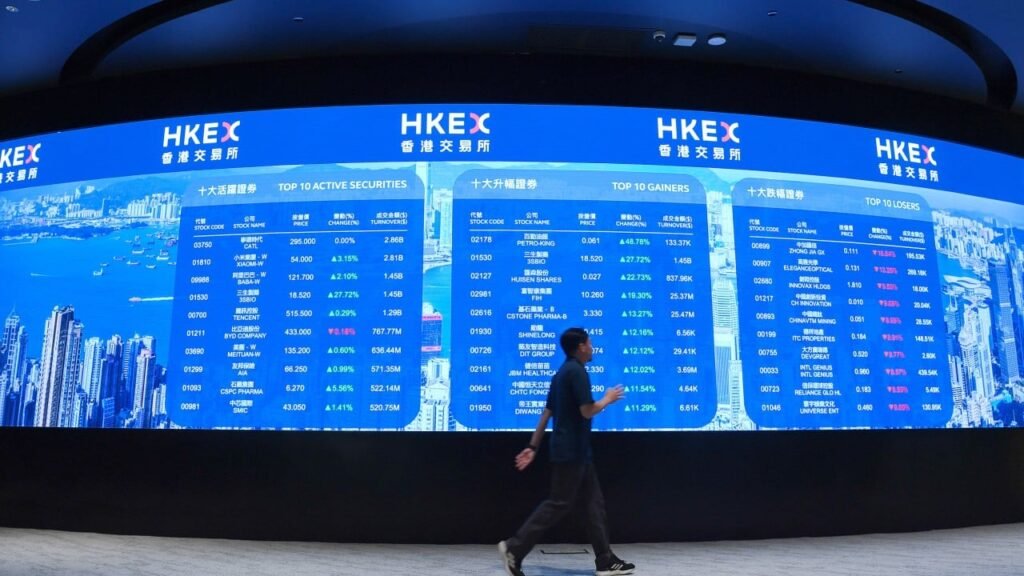Hong Kong has taken a significant step in regulating stablecoins for decentralized finance (DeFi) use by enacting the Stablecoins Bill in May 2025, which allows licensed entities to issue fiat-backed stablecoins pegged to the Hong Kong dollar and offshore renminbi (CNH). Oversight of these stablecoins lies with the Hong Kong Monetary Authority, marking a strategic pivot by China to explore tokenized renminbi circulation while maintaining capital controls within the mainland. This move positions Hong Kong as a critical testing ground for China’s broader ambitions in digital finance.
The regulatory framework established in Hong Kong is aligned with Beijing’s broader vision to harness blockchain technology for financial innovation without compromising its control over the monetary system. Unlike the decentralized and pseudonymous nature of early cryptocurrencies, China’s approach to stablecoins emphasizes programmability and centralized oversight. A renminbi-backed stablecoin, for instance, would be fully traceable, linked to China’s digital ID system, and subject to real-time monitoring through facial recognition and real-name verification. This reinforces anti-money laundering efforts but also opens the door for extensive financial surveillance.
An offshore renminbi stablecoin could extend China’s global financial influence by enabling tokenized renminbi circulation without exposing the mainland’s capital account to outflow risks. Geofencing and hard-coded transaction limits could ensure that the stablecoin operates only within licensed zones such as Hong Kong and other major financial centers. This controlled expansion supports Beijing’s desire to counter the dominance of dollar-backed stablecoins while maintaining regulatory authority over capital movements. Momentum is growing among companies such as JD.com and Ant Group, both of which plan to issue stablecoins backed by Hong Kong dollars.
The strategic importance of stablecoins is further underscored by China’s broader blockchain ambitions. Despite a near-total ban on cryptocurrency-related activities by 2021, China has continued to invest in blockchain technology for non-financial applications. The government has positioned blockchain as a core technology for digital innovation, emphasizing closed systems developed by state-aligned tech giants like Ant Group and Tencent. This dual approach—restricting cryptocurrencies while promoting blockchain—has allowed China to maintain technological leadership in the space. According to the Coincub 2023 Blockchain Patent Report, China leads the world in blockchain patents, accounting for about 68% of the global total since 2009.
The Stablecoins Bill in Hong Kong is a continuation of this strategic shift. While mainland regulators have not publicly endorsed the initiative, it is widely understood that such a regulatory move would require Beijing’s approval. This framework enables China to experiment with tokenized assets in a controlled environment while preparing for potential global adoption of its own stablecoin. The programmable nature of stablecoins also offers Beijing the ability to embed usage restrictions directly into the currency, including sector-specific spending limits and geographic constraints. These features align with the government’s broader objectives of using digital tools to enforce economic policies and maintain social control.
The global landscape of stablecoins is evolving rapidly, with the United States and the European Union also advancing their regulatory and technological frameworks. The U.S. passed the GENIUS Act, aiming to create a regulated environment for bank-issued dollar-backed stablecoins. In contrast, China is pursuing a model that integrates financial surveillance with monetary control. The outcome of these competing approaches will likely shape the future of digital money, with scale and network effects playing a decisive role in determining which model gains widespread adoption. For now, Hong Kong’s stablecoin framework offers a glimpse into how China intends to assert its influence in the evolving global financial architecture.
Source:
[1] China Is Worried About Dollar-Backed Stablecoins (https://foreignpolicy.com/2025/08/19/china-stablecoins-crypto-dollar-genius-act/)
[2] EU irked by US dollar stablecoins, China stifles stable talk (https://coingeek.com/eu-irked-by-us-dollar-stablecoins-china-stifles-stable-talk/)
[3] usdc, usdc price, usd coin (https://www.coinbase.com/price/usdc)








